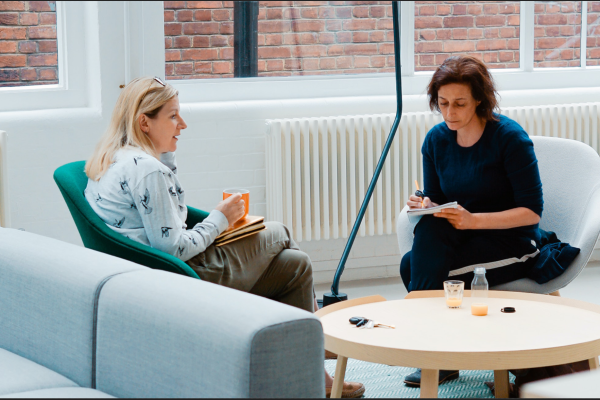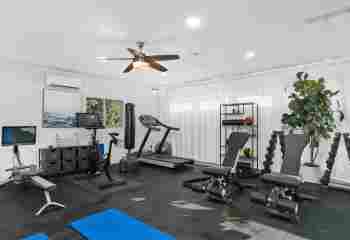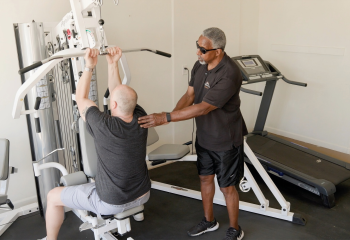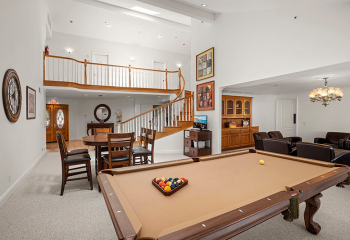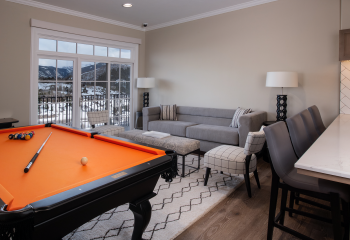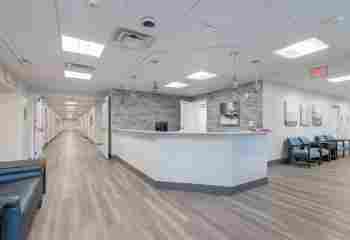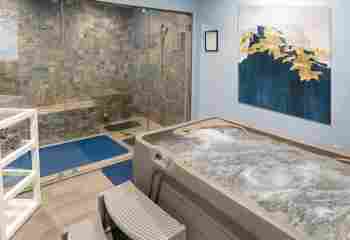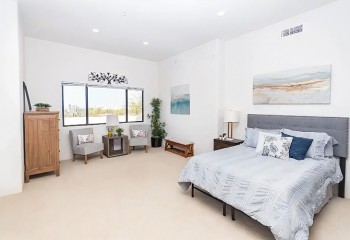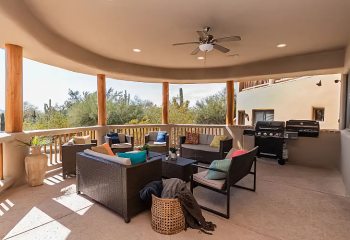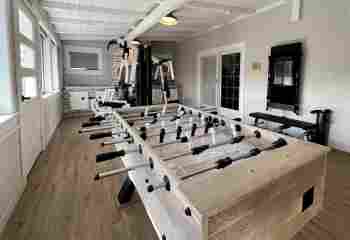More About Rehabs that Allow Cell Phones
Some rehabs allow you to bring your phone. Other rehabs don’t allow cell phones to make sure you connect with others in treatment and fully focus on recovery. This works great for some people, especially if they’re struggling with internet/technology addiction. But for some, they need to know they can use their cell phone.
Rehabs that allow cell phones exist for that reason. At these rehabs, you can have various levels of access to your phone, including
- Partial, monitored access: Staff will store your phone in a safe space and let you use it during scheduled times. This could be an hour a day, once a week, or any time in between. With monitored access, staff will observe your phone use to make sure you’re only using it for approved tasks (like talking to loved ones or checking urgent business needs, not browsing social media).
- Partial access: You’ll get your phone at set times during the week, typically depending on your unique treatment needs, and won’t be monitored during that time. You may be able to use your phone as you normally would, but with discretion advised for social media apps and potential triggers.
- Full, monitored access: You’ll have your phone on hand; staff won’t store it somewhere safe and they’ll allow phone use at certain times, like before bed. With monitored full access, staff will keep an eye on what you’re doing on your phone to ensure it’s conducive to your recovery and treatment plan.
- Full access: You have access to your phone daily and won’t be monitored when you use it. Your treatment team will likely encourage you to go on your phone as few times as you can and use apps/programs conducive to recovery.
Why Do Some Rehabs Allow Phones?
Rehabs that allow cell phones often do so to keep you connected to loved ones, work, and other personal matters. They may view phone access as a comfort; something that will help you focus on treatment and feel at home.
Phone access can be especially beneficial, and even crucial, for executives in addiction treatment. Similarly, public figures and celebrities may require their phones to maintain their responsibilities and keep in contact with their team.
Rehabs with cell phone access often have an especially private setting, where you won’t risk your information or presence being shared online. To accomplish this, some rehabs only allow one client at a time and entwine full technology access into their treatment program.
Are There Situations Where Phones Are Never Allowed?
For the privacy of other patients, respect of the practitioners, and betterment of your treatment, phones are typically never allowed during treatment sessions of any sort. You won’t be able to send a text during therapy or check social media during peer support meetings. No matter the rehab, that’s generally what they expect of all clients. Using your phone during these times will likely get it taken away.
Why Do Some Rehabs Not Allow Phones?
Rehabs that don’t allow phones usually do so for patient privacy, treatment immersion, and to separate you from stressors. Most cell phones can take pictures and have internet access, which makes them a potential breach of privacy for you and other patients.
Phones also cause a distraction, which some rehabs specifically aim to avoid. They may not allow cell phone use to help you focus solely on your recovery. Usually, the center will provide a phone to make urgent calls or talk with loved ones. If you know the treatment center you’re attending will not allow cell phones, be sure to tell loved ones ahead of time.
The stress of social media, notifications, and barrage of communications can also cause unnecessary anxiety during treatment, which is another reason why some rehabs don’t allow cell phones. Disconnecting can help you connect to hope, healing, and peace instead.
Types of Cell Phone Restrictions
If you have partial access to your phone, you can expect staff to restrict your use in one of the following ways.
- No phone zones. In these zones, like therapists’ rooms, dining rooms, or lounge areas, you won’t be allowed to use your phone under any circumstance.
- Time restrictions. You may get a predetermined amount of time to use your phone. An initial assessment and your individual treatment needs will determine the amount of time. For example, you may have one hour a day available in the evenings. After the hour, you’ll have to give your phone back to staff.
- Blackout periods. In a blackout period, you won’t have any phone access at all for a set period of time. Usually, blackouts take effect during your first week or 2 of treatment, or during detox. After the blackout, you’ll have partial or full access to your phone.
- No phones at all. You may bring your phone to treatment, but won’t have access to it at any point. Staff will keep it safely locked away and return it at the end of your stay.
Check With Your Provider for Full Details
Reach out directly to a treatment provider to learn more about their unique technology policy. Each rehab will likely have their own unique policy and happily make it known upon request. You may also find information on their website.
If in doubt, check with your provider.






